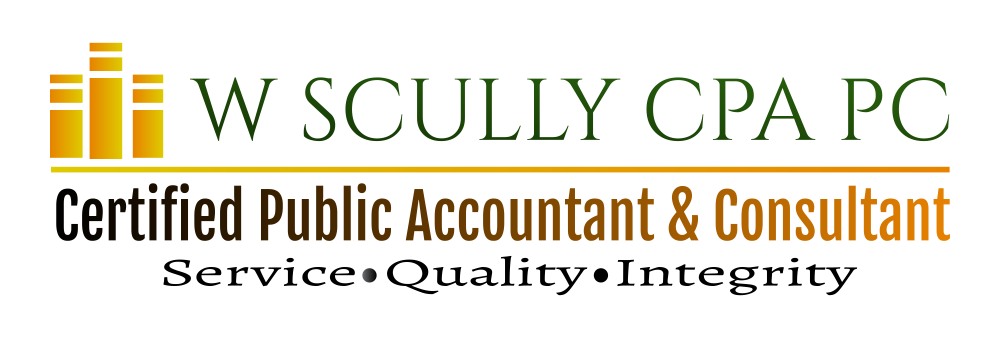
Foreclosure & Short Sale: Navigating the Tax Implications in Jamaica, NY
Understanding the Tax Implications of Short Sales and Foreclosures in Jamaica, NY
Filing taxes can be a daunting task, especially when dealing with a short sale or foreclosure. However, understanding the tax implications of these situations can help alleviate some of the stress. In this post, we’ll explore the ins and outs of filing taxes for a short sale or foreclosure, so you can feel more confident come tax season.
Defining Short Sales and Foreclosures
A short sale occurs when a homeowner sells their property for less than the outstanding mortgage balance, with the lender’s approval. Foreclosure, on the other hand, is when the lender takes ownership of the property due to non-payment. Both situations can have significant tax implications, so it’s important to understand how they affect your tax return.
Tax Implications of Forgiven Debt in Jamaica, NY
In a short sale or foreclosure, a portion of the mortgage debt may be forgiven. Normally, this forgiven debt would be considered taxable income! However, the Mortgage Forgiveness Debt Relief Act of 2007 allows an exclusion from taxable income for qualified principal residence indebtedness, up to $2 million ($1 million for married filing separately). But check your state’s conformity to this federal law.
Reporting Cancellation of Debt on Your Tax Return
On your tax return, you’ll receive a Form 1099-C, Cancellation of Debt. Don’t panic! Just report the amount on Line 21 of your Form 1040 as “Other Income” and complete Form 982, Reduction of Tax Attributes Due to Discharge of Indebtedness. Attach documentation supporting the exclusion.
Reporting the Sale of Your Home on Your Tax Return
If you sold your home in a short sale or foreclosure, report the sale on Schedule D and Form 8949, if applicable. Capital gains tax may apply. Additionally, you may need to report any gain or loss from the sale on your tax return.
Importance of Consulting a Tax Professional
Tax laws and regulations can change, and individual circumstances vary. Consult a Jamaica, NY tax professional or CPA for guidance specific to your situation. They can help you navigate the complexities and ensure you’re taking advantage of all available tax benefits.
Uncle Steve’s Story: A Tale of Tax Woes and Foreclosure
Uncle Steve, my Pennsylvania client, affectionately known as “Uncle Steve,” who once lived in New York with his now-deceased wife, lost his Long Island home. Why? After his wife passed, he could no longer pay the mortgage. In fact, he is immobile after getting hurt on the job. Uncle Steve came to me because he hadn’t filed tax returns with the IRS and NYS. His long lost wife always prepared the taxes, so when she died, they just never got prepared. Not only that, he was no longer able to pay the mortgage.
Empowering Yourself with Knowledge
Navigating Tax Complications: How We Helped Uncle Steve Find Relief
I was deeply touched by his story, because I have a soft spot for the elderly and children. My dad is 75, although in decent physical and mental shape. He is still an old man, and it’s my job to take care of him. Anyway, back to Uncle Steve…
He came to me to resolve his tax problem: he hadn’t filed in several years. At some point, he explained that his former wife always handled the tax returns. Plus, he was impressed that he didn’t need to file a tax return based on the nature of his situation. Once we established he had to file, the next issue was how would he report the income reported to him.
Form 1099A and Form 1099C
At issue were Form 1099-A and Form 1099-C issued in 2019 and 2020, respectively. And, without going into too much detail, here is how it all played out: Because this Long Island property was their principal residence, we were able to appropriately exclude the $22,825 reported on the Form 1099-C (Cancellation of Debt) from his taxable income. The IRS calls that discharge of qualified principal residence indebtedness. There are other instances that allow for a non-taxable discharge of other types of debt. Other instances where this would apply include discharge of qualified real property indebtedness and discharge of qualified farm indebtedness, etc.
The mortgage servicer reported on Form 1099A the outstanding balance on the mortgage and the fair market value (FMV) of the property as of the date of the foreclosure. Using the FMV as the sales price, we were able to use the exclude the phantom gain from being taxed as capital gains. In other words, the fantom gain would not be capital gains taxable to Uncle Steve.
Empowering Yourself with Knowledge
Understanding the tax implications of a short sale or foreclosure will help you navigate the process with confidence. Take control of your taxes and move forward with peace of mind. Don’t let tax season add to your stress – seek professional help and take advantage of available resources to make the process as smooth as possible. In the meantime, read about foreclosures from the IRS: https://apps.irs.gov/app/vita/content/36/36_03_050.jsp
Questions?
Are you a real estate professional and need help with your tax/retirement planning or accounting? I am here for you! Please contact Wayne Scully (https://wscullycpa.com/about/) by e-mail at [email protected] or by phone at 718.938.4601.
Free Offer:
Get a FREE! FREE! copy of Wayne’s book here: www.getmytaxbook.com.
Note: This post may contain sections generated with the assistance of artificial intelligence. Thank you for reading!

